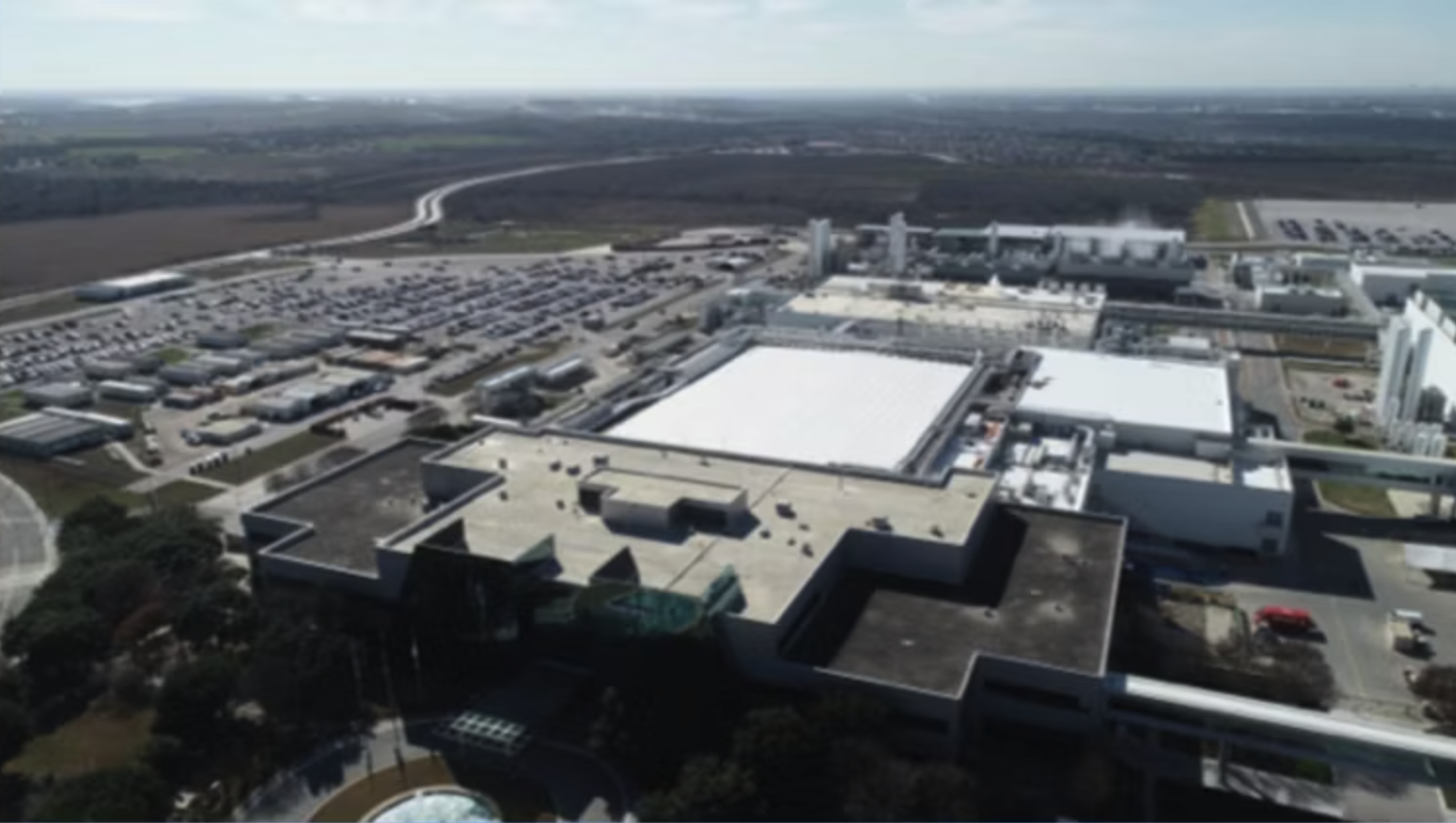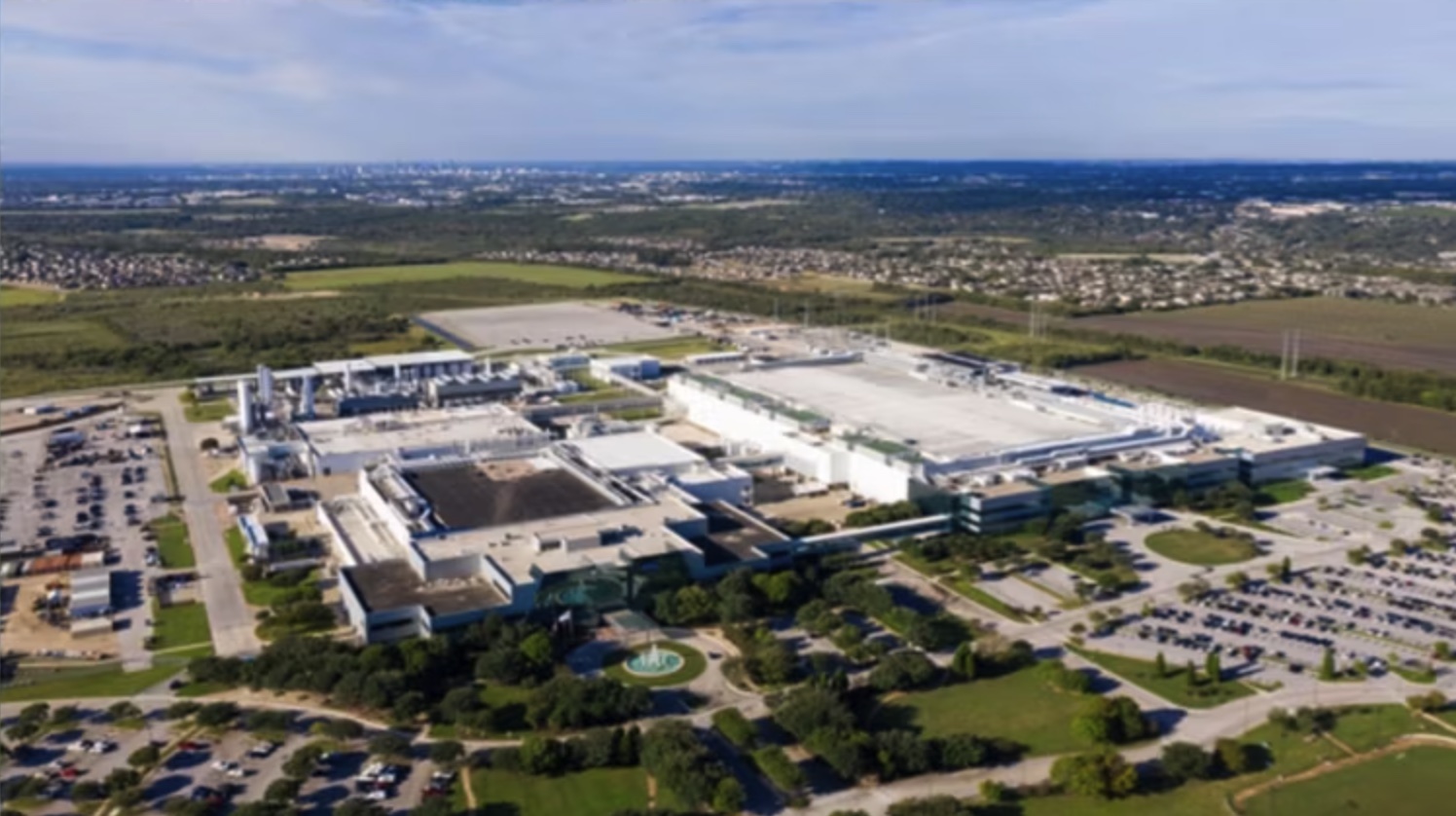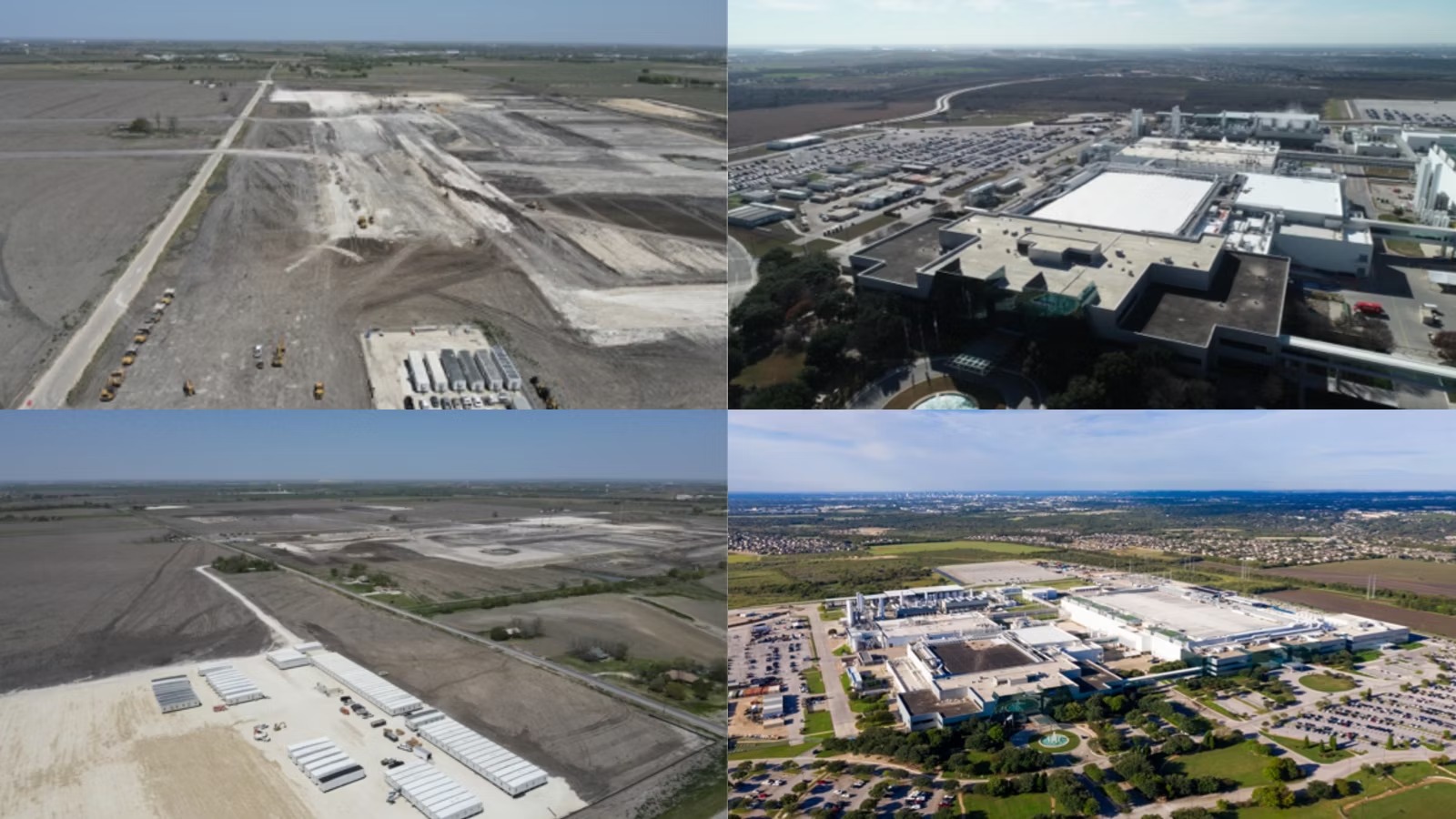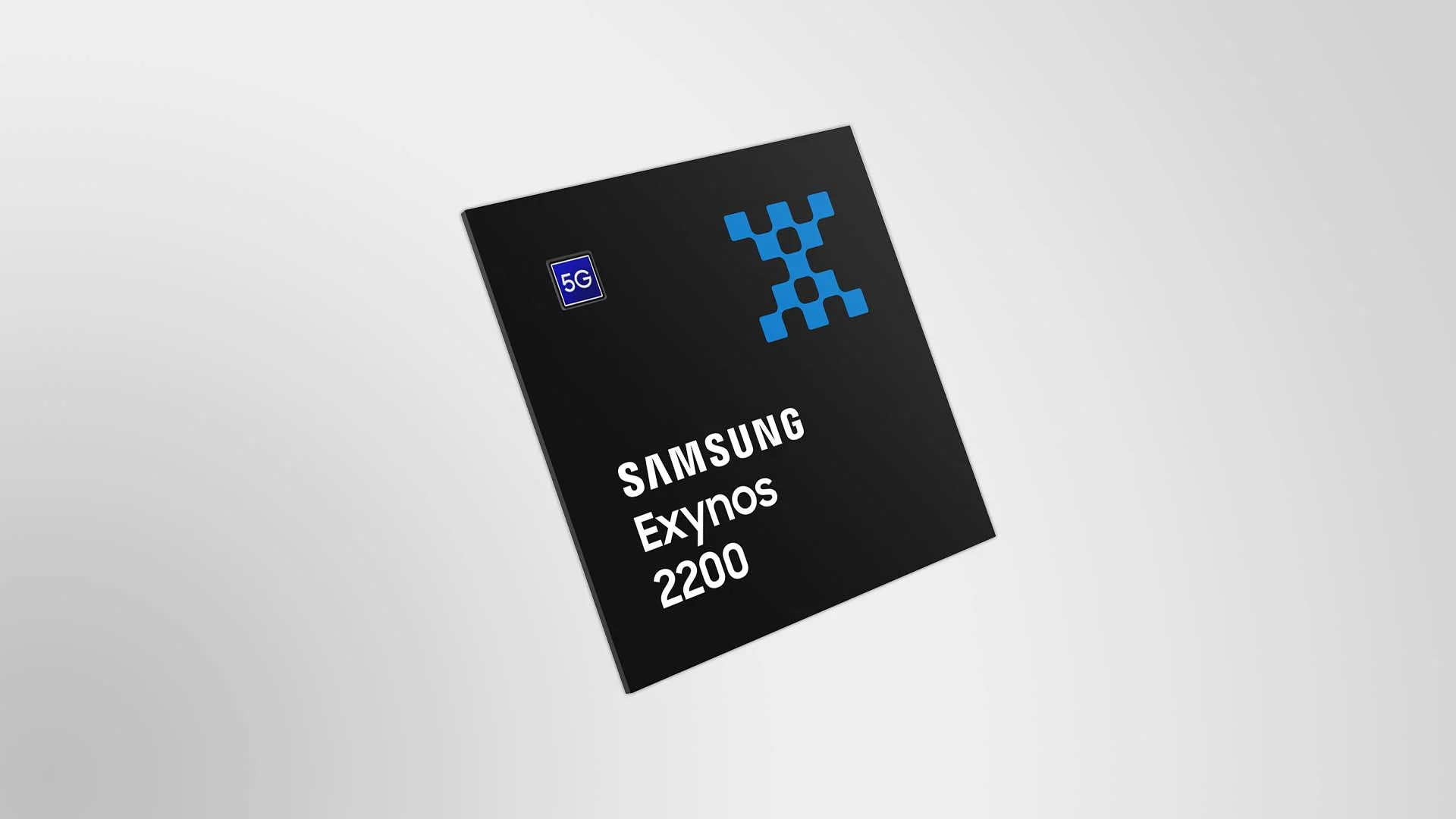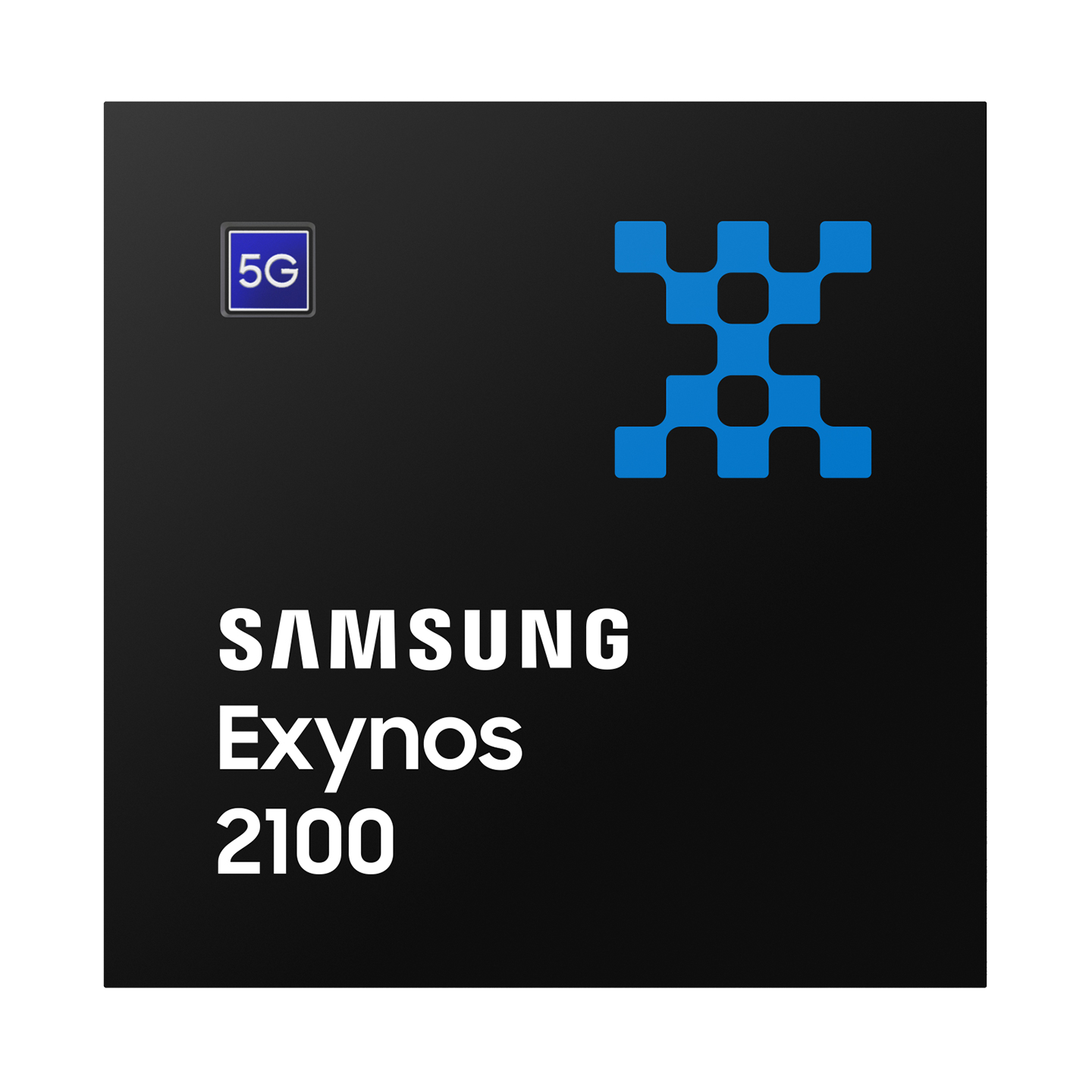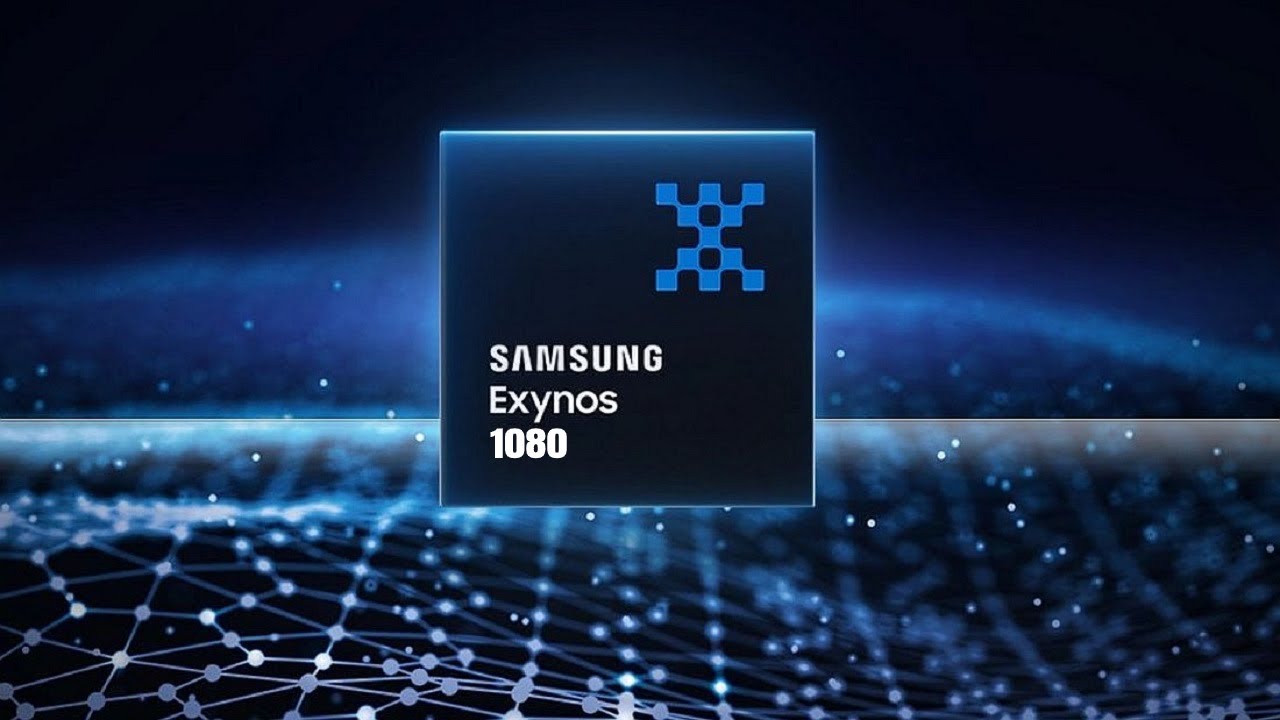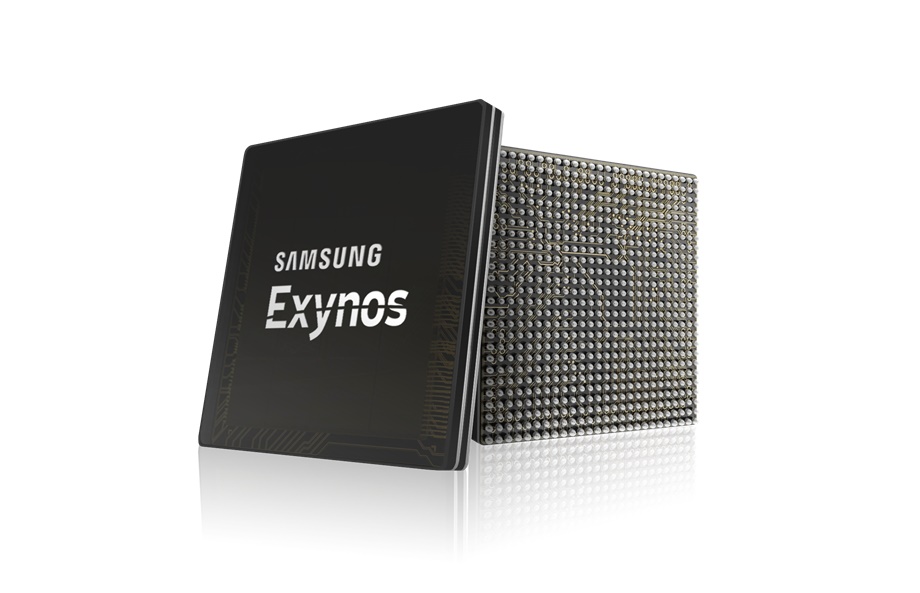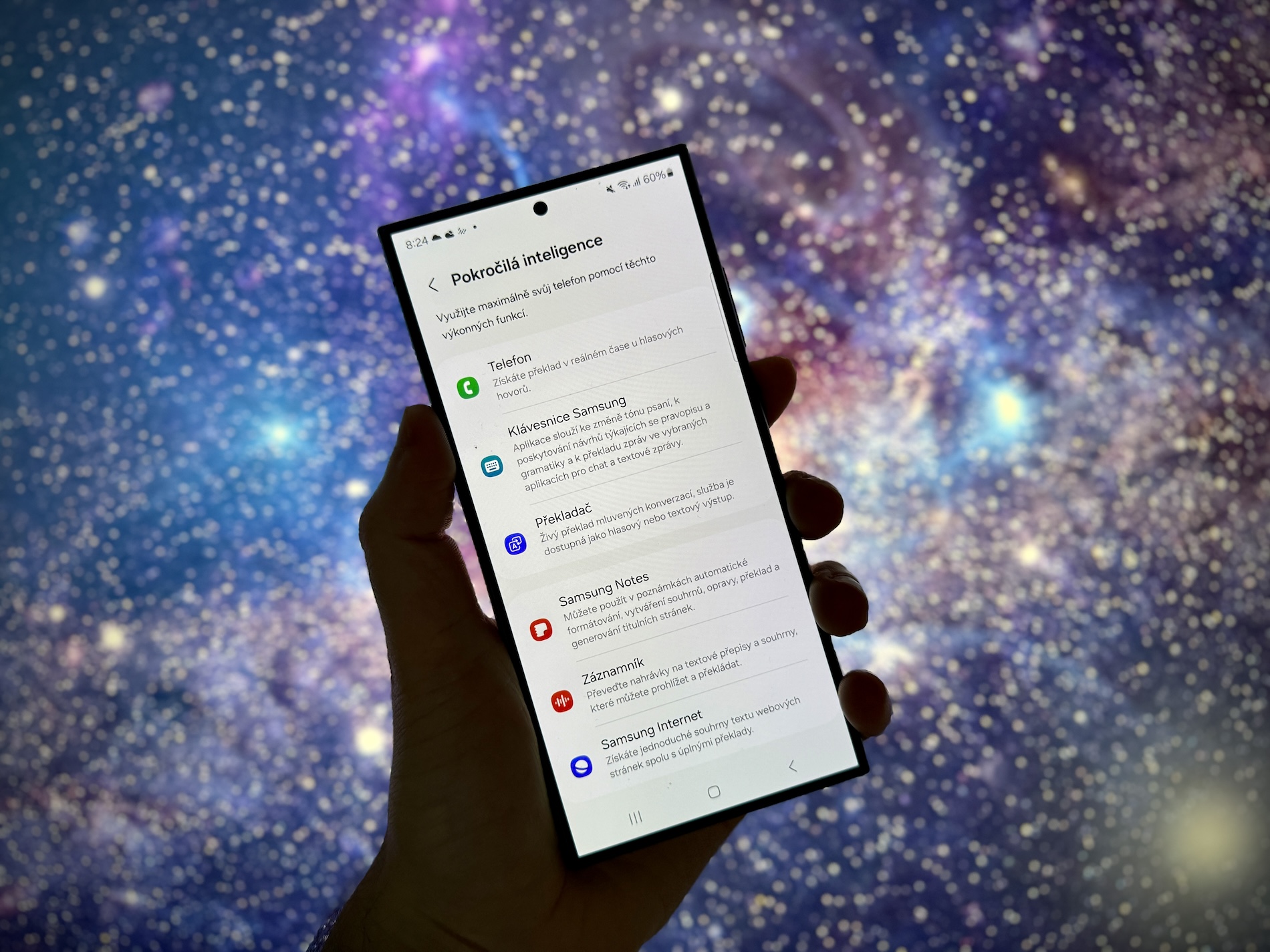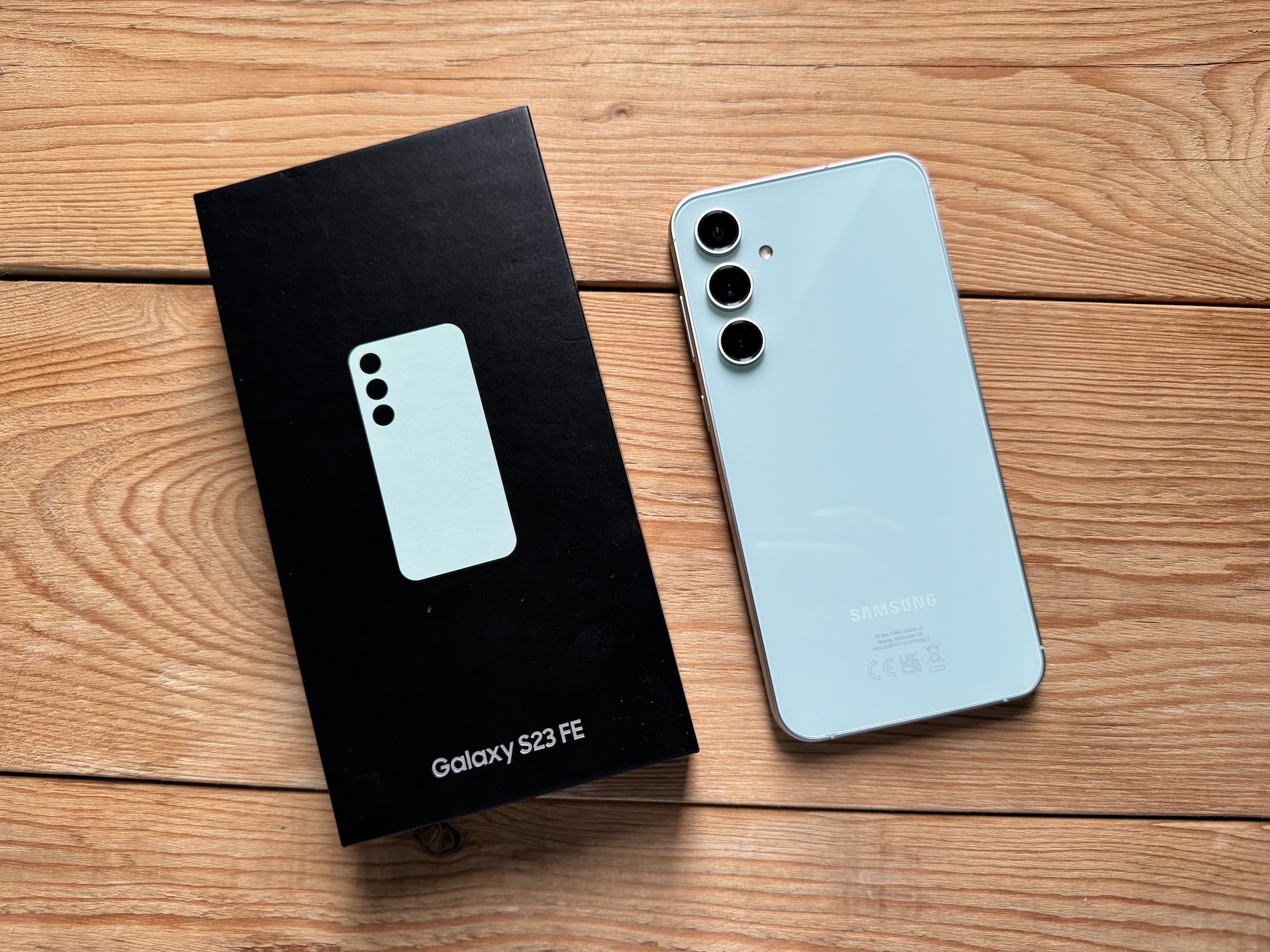Quite a few owners of Samsung flagships Galaxy S (and not only them) have long complained that their Exynos chip versions are not as powerful and energy efficient as those powered by Snapdragon chipsets. The next flagship series of the Korean giant Galaxy S23 this will change, as it will be available with a chip in all markets Snapdragon 8 Gen2. However, this does not mean that Samsung has broken the stick over Exynos. This is evidenced, among other things, by his big plans regarding the production of chips in the USA.
Giant investment in Texas
Last July, Samsung came up with a plan to build 11 new factories for the production of chips in the Texas city of Taylor, while talking about an investment of 200 billion dollars (roughly 4,4 trillion CZK). More precisely, it would be an expansion of the existing factory that the Korean giant has in the city, which is spread over an area of 1200 acres. As reported by the English written mutation diary Korea JoongAng Daily, local authorities have already approved $4,8 billion in tax breaks (about CZK 105,5 billion) for this project.
Samsung expects to open its first new foundry at the end of next year, employing over 2 people focused on producing chips for 5G, AI and high-performance computing. The first products from its production lines could roll out a few years after its opening. Meanwhile, TSMC, Samsung's biggest chip rival, has announced it will spend $40 billion to build its second factory in Arizona, which is expected to open around the same time.
The end of Samsung's own chips?
As we already indicated in the introduction, in the past the phones range Galaxy S in some markets used chipsets from Qualcomm, while in others chips from the Samsung workshop. We, and thus the whole of Europe, have traditionally received the version with Exynos. The flagship series will end this era (hopefully temporarily). Galaxy S23, which will be sold in all markets with Qualcomm's current flagship Snapdragon 8 Gen 2 chip. More precisely, it will apparently be powered by overclocked version of this chipset.
Last year, Samsung and Qualcomm extended their cooperation to a year 2030. The new agreement will allow the partners to share patents and opens the possibility to expand the presence of Snapdragon chips in phones Galaxy. Since Samsung has admitted to investors that it is behind in the field of semiconductors (behind the aforementioned TSMC), some industry analysts have begun to question whether the company is still counting on Exynos in the future.
In this context, it is important to remember that Samsung is still involved in the production of Google's Tensor chip for Pixel phones and that Exynos can be found in a number of smartphones Galaxy for middle and lower class. However, these cheaper devices from the Korean giant have seen a significant drop in sales over the past year. In addition, Samsung could lose Google as a client, as the software giant is allegedly looking for ways to produce chips without help - at the end of the year it was supposed to try to buy the chip manufacturer Nuvia, now it is said to be trying to establish cooperation in this direction with Qualcomm (which ultimately gave it Nuvia "blew out").
You could be interested in
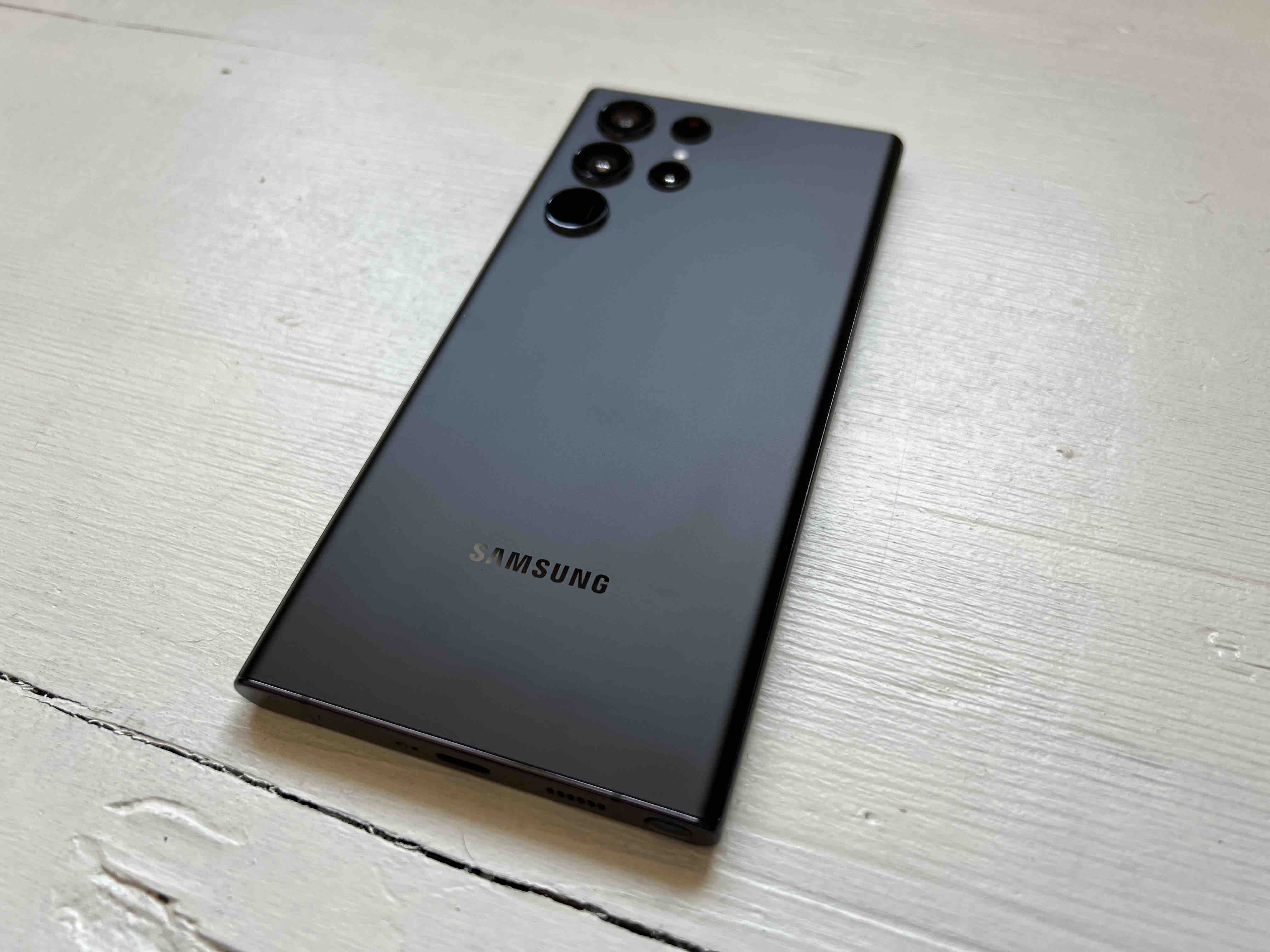
It's also important to mention that Samsung seems to be working on a super-powerful one chip exclusively for phones Galaxy, which is said to be being developed by a specialized team within the mobile division and which should be launched in 2025. Even before that, the company is said to introduce a chip Exynos 2300, which should power its future "non-flagship" devices. In other words, Samsung continues to count on its own chipsets, but not for the immediate future. He just wants to take his time to make his chips truly competitive. After all, his plan to invest in the semiconductor segment by 2027 a huge means. And it's good. If he didn't follow past generations, he learned and wants to do better in the future. In this regard, you can't help but cheer for him.


